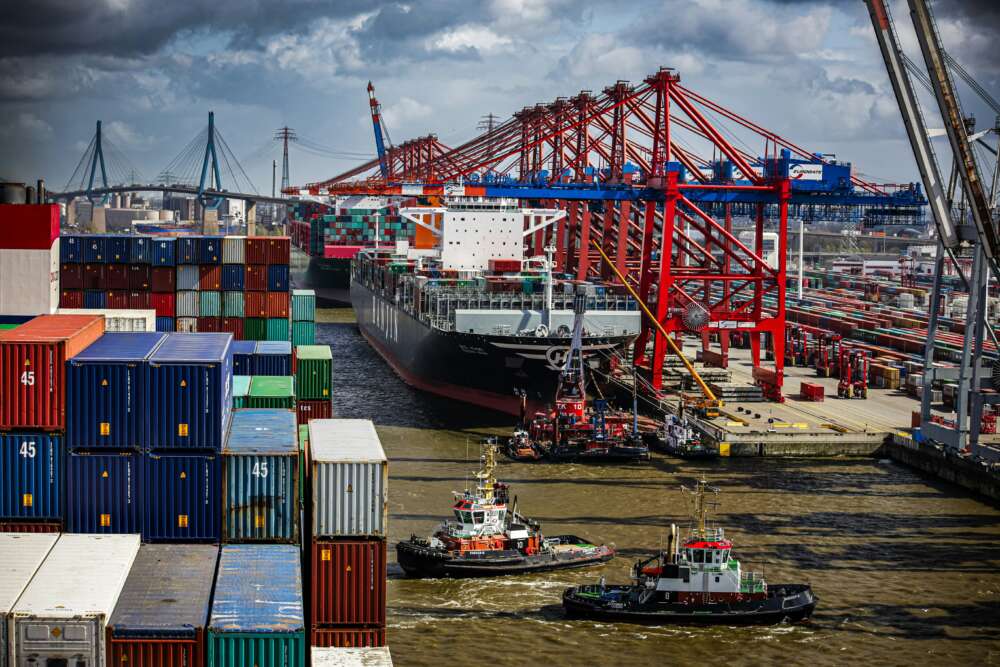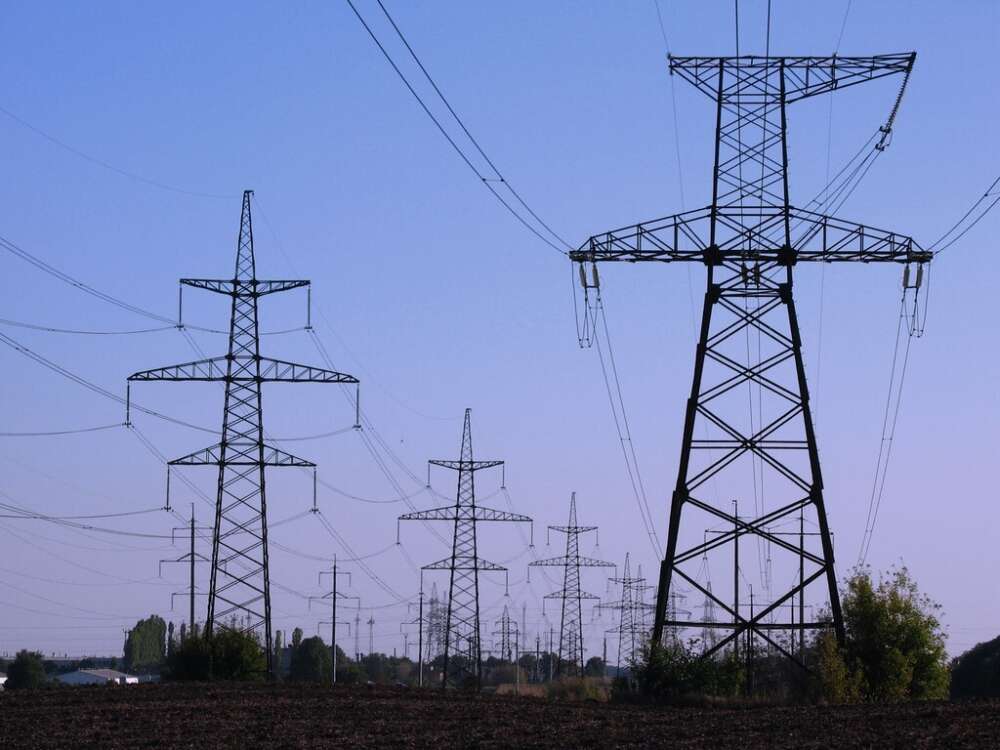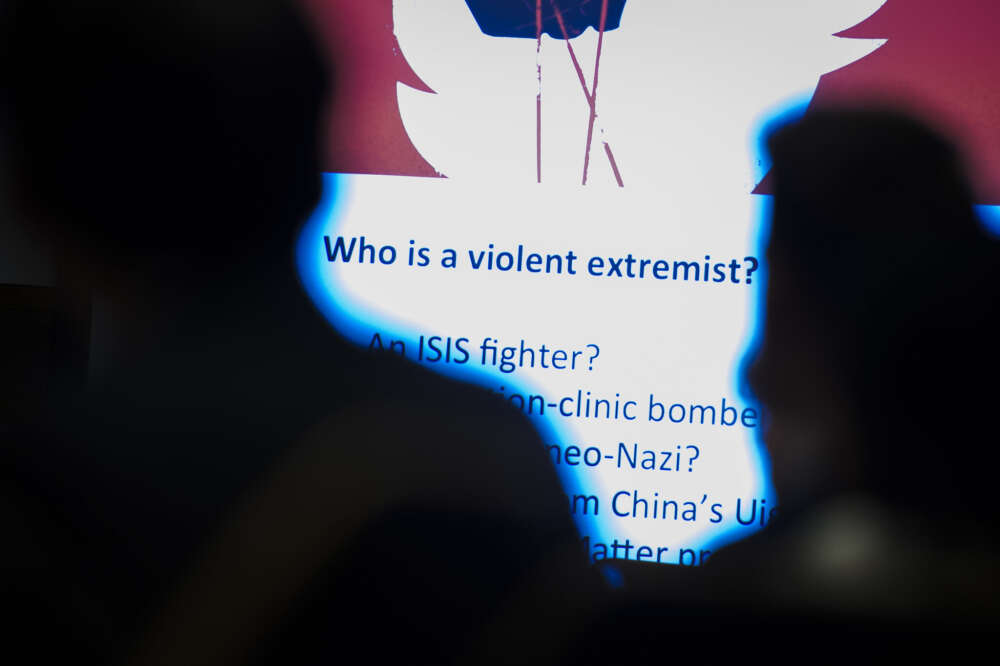Germany’s China Shock
For a long time, Germany’s political and business elites have chosen to ignore the economic threat emanating from Xi Jinping’s China. It’s now time to confront it.
New Research: Future of Global Governance
The ENSURED project recently published five brand-new research reports on the effectiveness, robustness, and democratic character of key institutions and systems governing global artificial intelligence, biodiversity, global health, sex and gender (women’s & queer rights), and global taxation.
If you’re following debates about the future of global governance, you won’t want to miss this important research.
Merz sollte sich von bedingungsloser Freihandelsrhetorik lösen
Bei der Sicherheitskonferenz gab der Kanzler sein handelspolitisches Bekenntnis ab. Dieses gibt aber keine Antwort auf den Staatsinterventionismus von Xi und Trump.
Reconstructing Trust: Social Cohesion and Recovery in War-Torn Irpin, Ukraine
In 2022, heavy Russian bombing destroyed much of the Ukrainian town of Irpin’s buildings and infrastructure. Three years after liberation, reconstruction is well underway. How is it affecting trust, cohesion and Ukraine’s social fabric?
The Unlikely Demographic That May Determine Hungary’s 2026 Elections
After years of widespread political resignation, many Hungarians are re-engaging politically and taking to the streets on a scale not seen in years – and not for the reasons one might expect. This is a case study of how an unlikely demographic may have the political salience to break Fidesz’s political hold.
Critical Raw Materials: Reducing Strategic Dependencies in Germany and Europe
Over the past decades, China has become dominant in many critical raw materials (CRM) supply chains, particularly in midstream segments. In certain cases, Germany and Europe are almost entirely reliant on supplies from China.
Two current GPPi projects are delving into the debates on raw materials supply chain security and strategic autonomy, aiming to equip policymakers and industry leaders with actionable recommendations.
Learn more about our work on how Germany can overcome the structural obstacles that have hampered its resilience efforts, as well as our research on what realistic, mutually beneficial CRM partnerships between European and African actors could look like.
Merz sollte in Peking nicht auf die Auto-Bosse hören
Volkswagen, BMW, Mercedes und Co. vertreten keine deutschen Interessen gegenüber China. Die Folgen für die deutsche und europäische Industrie sind fatal.
The Psychology of Future-Proofing Public Sector Reform
Democracy in Germany and Europe is under attack. How can we use psychological insights to future-proof German state reform?
A Race for Warmth
Plunged into icy darkness following Russian airstrikes, Ukraine is experiencing its harshest wartime winter yet. Some of the human suffering was preventable – if only Ukraine’s Western allies had invested more in Ukraine’s air defense and energy systems.
Trends in Violent Extremism, Prevention and Evaluation
To effectively prevent and counter violent extremism (P/CVE), we need to know what works and what doesn’t. Drawing on a three-year survey series, this study tracks trends in violent extremism, prevention and evaluation.
Münchner Sicherheitskonferenz: Warum zivile Sicherheit unter die Räder kommt
Sicherheitspolitik ist mehr als Militär und beginnt bei Lieferketten, Energiesicherheit, Rohstoffen und der Frage, wie widerstandsfähig Staaten und Gesellschaften in Krisen sind. Ausgerechnet die zivilen Instrumente brechen gerade weg, obwohl sie in vielen Konflikten die entscheidenden Stellschrauben sind.
The Perfect Storm
Over the past years, the aid sector has witnessed the brewing of a “perfect storm,” which is now resulting in massive cuts in (humanitarian) aid budgets. This commentary looks at the new reality of humanitarian aid and considers its future direction.









